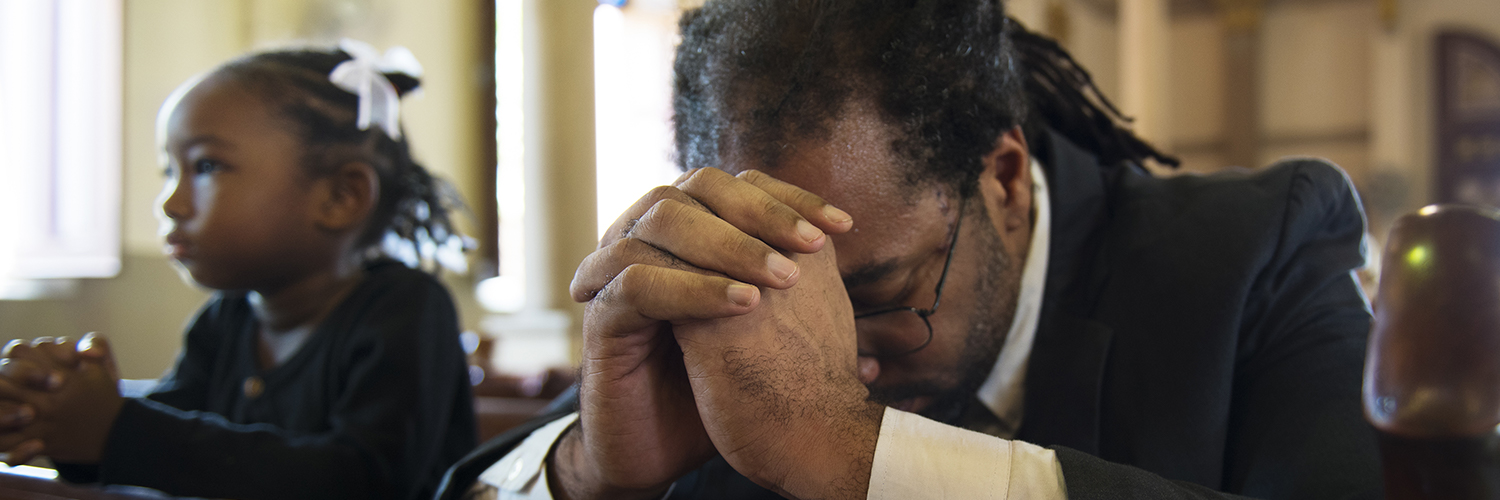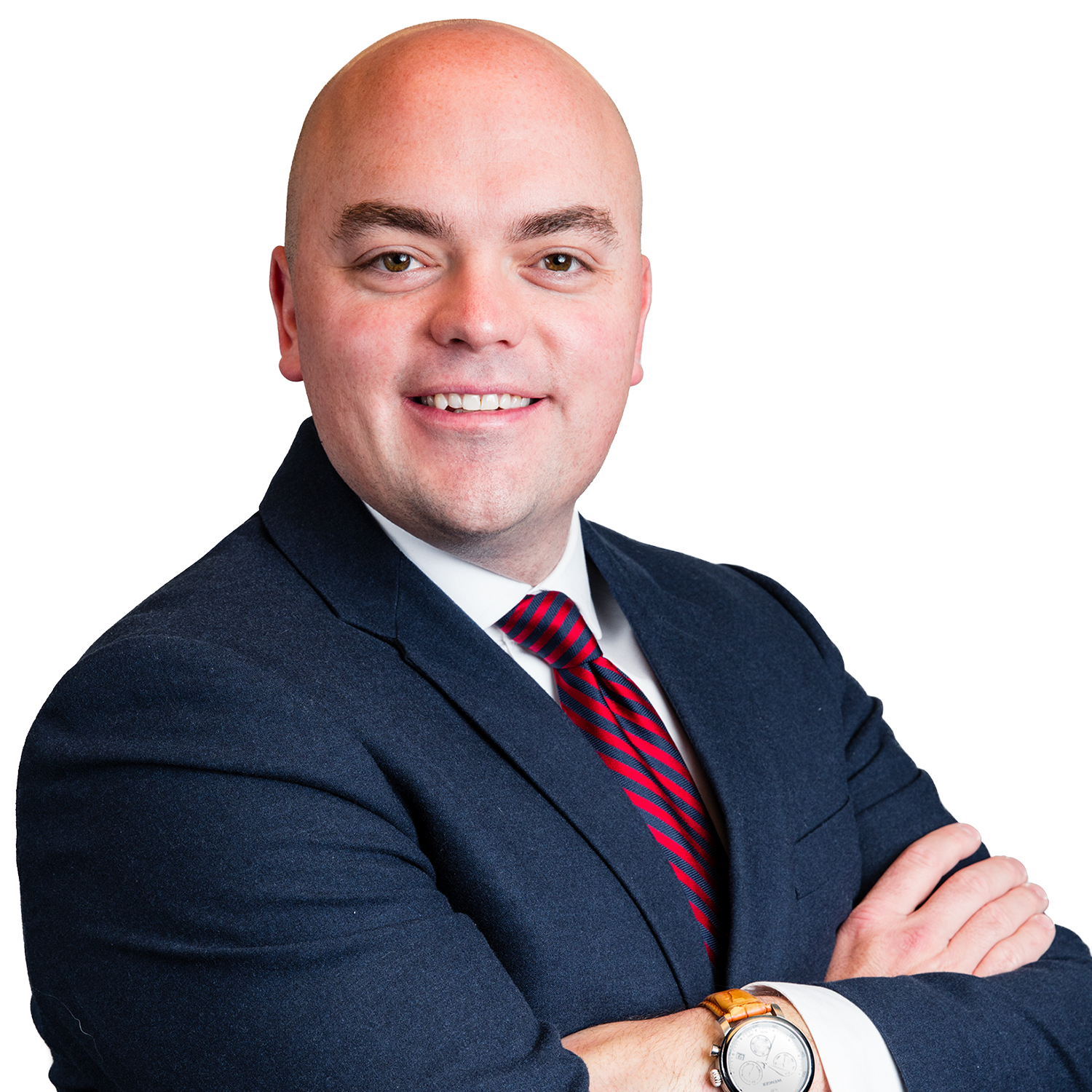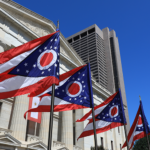As someone who is passionate in her religious beliefs, Carol Zborowski doesn’t want a dime of her income used to fund organizations like Planned Parenthood. And under the Civil Rights Act, she doesn’t have to. Every unionized employee is protected from religious discrimination.
Unfortunately, her union saw things differently. And for its leaders, federal and state legal protections are little more than nuisances to be avoided.
That’s why the Freedom Foundation launched a new initiative in 2017 – to provide outreach and support to religious objectors like Carol whose unions have erected illegal hurdles employees must surmount to protect their religious convictions.
We call it the “Workers of Faith Initiative.”

Under existing law, unionized workers who cannot financially support a union without violating their religious beliefs may be relieved from that obligation. Most circumstances require the worker to support a charity, instead. This simple process is nearly always distorted and abused by unions who receive religious objections. Carol’s story is no different.
Carol works for the Bremerton Housing Authority and, had it not been a condition of employment, “I would have never joined the union in the first place,” she said in a Freedom Foundation video. “But because I was forced to join the union, I had to find legal help to get out.”
The agency Carol works for helps low-income Washingtonians find affordable housing, and she believes strongly that its mission is consistent with her faith. So, when she was offered a position, Carol decided to accept the opportunity to help others even if it meant paying dues to a union that funneled a portion of her money to organizations she loathed.
“The money the union was pulling out of my check was directly funding abortion, which goes against my beliefs,” Carol said.
“She shouldn’t have to make that choice,” said Freedom Foundation Chief Litigation Counsel David Dewhirst. “And in fact, she doesn’t.”
Even in states like Washington that lack right-to-work protections and compel government employees to either join or pay agencies fees to a union, federal laws allow workers with religious objections to donate dues-equivalent amounts to a charity – one that doesn’t violate their core principles.
That doesn’t mean, however, there aren’t unions out there doing everything they can to make the process as difficult as possible.
Carol’s union, in fact, informed her that before it would honor her request, she needed to satisfy a number of conditions – all of them illegal.
“The union told her she needed to provide a letter from her pastor on church letterhead citing the verses of Scripture she believes prevent her from being in a union,” Dewhirst said. “And even if she had negotiated that hurdle, the union would have given her a list of approved organizations she could donate to instead.”
In her case, the list included options like the King County Labor Agency, which is the state AFL-CIO organization and supports … abortion groups. The very thing Carol didn’t want her money going to.
Instead, Carol contacted the Freedom Foundation, whose attorneys fired off a letter to the union informing it the conditions were a violation of the law.
The union backed down immediately and agreed to recognize Zborowski as a religious objector – and even refunded the dues they had taken since Carol first requested an accomodation. Now her union dues go to a charity of her choice which helps women and children in need.
And there are thousands more like her in Washington, Oregon and California.
“Public-sector unions spend millions of dollars of dues on extreme leftwing causes like Planned Parenthood,” he said. “Supporting these causes violates the religious beliefs of many, many public employees.”
Often, unions present daunting demands they say employees must meet in order to enjoy a basic civil right. That’s either union abuse or ignorance, but either way, workers can have confidence that the Freedom Foundation has a legal team that will work, pro bono, to help them navigate the process and realize their rights.
Sometimes it just takes a letter; sometimes more. Either way, we’re dedicated to providing much-needed help to those suffering from union discrimination.
That’s what the Workers of Faith Initiative exists to do.
If you have questions, contact Legal@freedomfoundation.com










